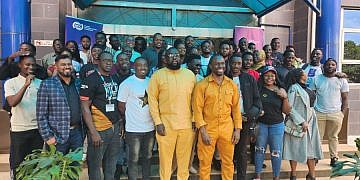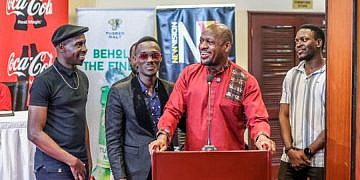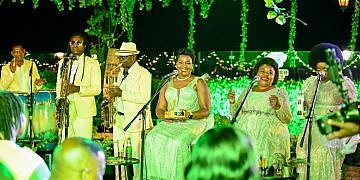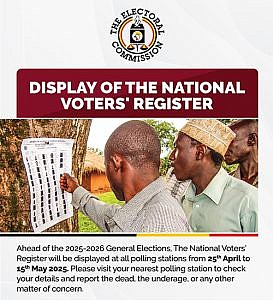At 54, Beatrice Cheptoek carries the deep scars of Female Genital Mutilation (FGM), a harmful cultural practice she endured at the age of 19 while five months pregnant.
Today, she is turning her painful past into purpose—by ensuring her daughters, and many more girls in her Sebei community, are protected through education.
“I gained nothing from the pain I went through,” Cheptoek says, reflecting on the traumatic experience that changed her life. The forced circumcision was followed by an early marriage arranged by her parents, who saw her as a source of wealth. Although she went on to have eight children in her first marriage and four in her second, both marriages ended, and the pain never left.
But her greatest triumph lies in the future she is building for her children. Having dropped out of school in Senior Two back in 1986, Beatrice firmly believes education could have saved her from early marriage and FGM.
Now a mother of five daughters, she has ensured that none of them suffers the same fate. One is already an engineer, and the rest are still in school—one in Senior Four, two in Primary Seven, and one in Primary Six.
“Education is what has kept them safe,” she says.
Despite Uganda outlawing FGM in 2010, the practice remains prevalent in several rural communities, including Sebei and Karamoja. In 2024 alone, she reports at least 11 girls in her area underwent FGM, including married women and recent Primary Seven leavers.
She points to traditional surgeons and persistent cultural myths—sometimes tied to witchcraft—as drivers of the continued practice in remote sub-counties.
Through the UNICEF-supported campaign “I’m her keeper,” Beatrice now dedicates her time to raising awareness about the dangers of FGM and promoting the importance of keeping girls in school.
But her efforts face structural barriers.
She is now calling on the Government of Uganda to support her cause by reopening a mixed secondary school in Binyiny, Tukumo Parish.
The school, built in 2013, closed in 2023 due to unpaid volunteer teachers and a lack of resources. Only two primary schools remain in the area, leaving many girls vulnerable once they complete lower education.
“I dream of a Sabiny community where girls are free to go to school, where early marriages stop, and where FGM becomes a thing of the past,” Cheptoek says.
Her story is no longer just about survival—it’s about driving change for the next generation of girls in Uganda’s hard-to-reach regions.








































